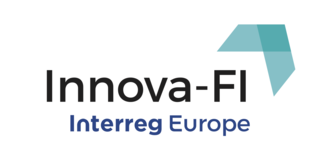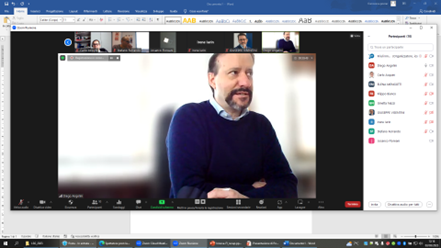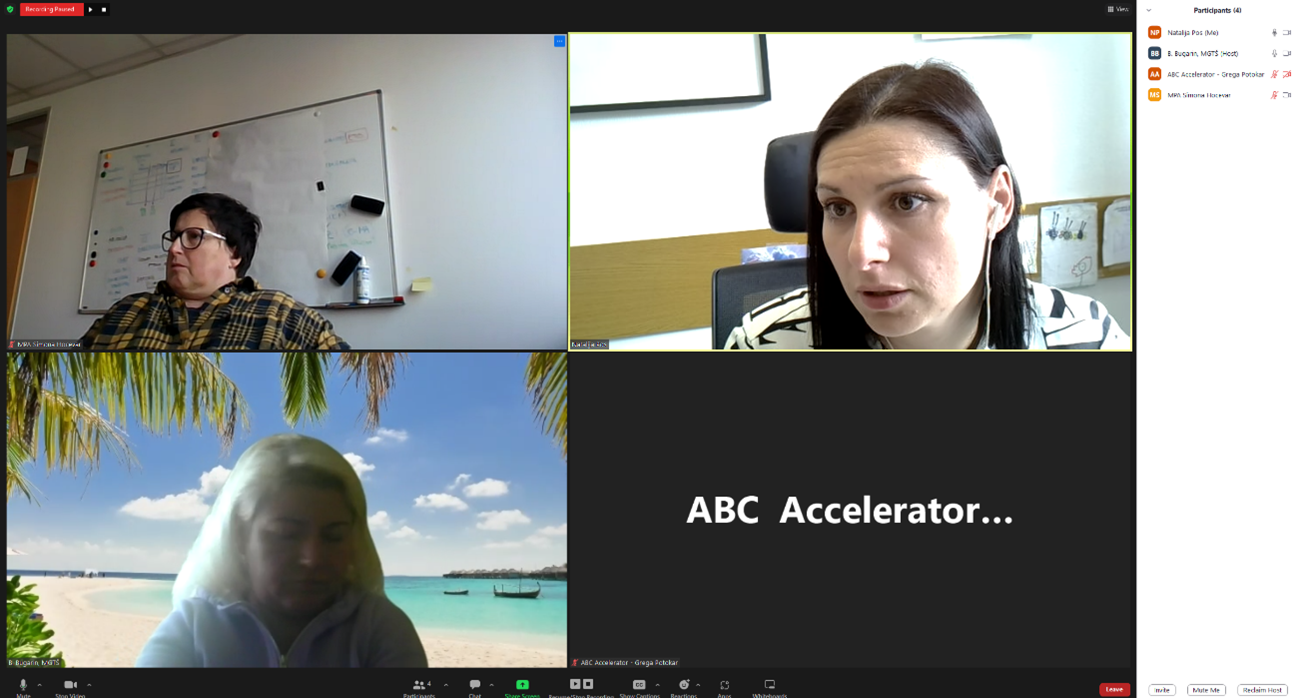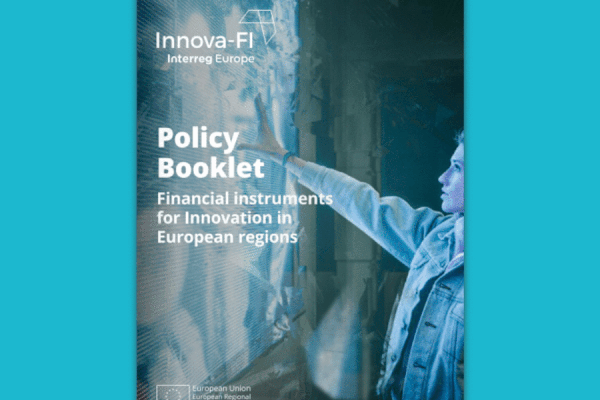There were 11 participants altogether attending the third local stakeholder's group meeting of Innova-FI organised by the Government Office for Development and European Cohesion Policy. Coming from the most relevant institutions managing ERDF funds, i.e., Ministry of Economic Development and Technology, Government Office for Development and European Cohesion Policy, SID Bank and Slovene Enterprise Fund, these stakeholders possess a comprehensive overview of the financial instruments implemented, as well as information about the future financial perspective 2021-2027.
Meetings such as these are viewed as an opportunity to exchange information and getting to know people from other relevant institutions. Thus INNOVA-FI LSG meetings are regarded as a platform for sharing and exchanging experiences. This particular discussion raised several observations since, in Slovenia, the ERDFs are distributed mainly through microcredits and guarantees:
- The ERDF funds in Slovenia allocated to intermediary bodies represent a huge administrative burden. Direct payment to intermediary bodies (as it has Hungary) could result in better and smoother management procedures (without additional risk and negative interest rates).
- Based on experience with private / risk funds, the ERDF is not allocated to private funds (as it is the case of Lithuania – Baltic VC Fund).
- Empowerment of the role of the Central Bank should happen, i.e. to take guarantees for funds, managing the ERDF…
- Nurturing the culture of risk-taking and finding a way to engage with institutional investors (pension funds, Insurance companies) is crucial.
A major objective for the next financial period, is reconsider certain Financial Instruments and start introducing new and innovative ones (e. g. equity capital, social impact bonds, blending etc.), seeing that compared to other countries - namely Lithuania and Spain - Slovenia is still lagging in the set-up of a financial environment for start-ups and in the establishment of a more active role by the Central Bank, when it comes to guarantees for public-private funds and support for FinTech industry. The first step towards change is a thorough gap analysis of SME financing needs and market conditions.














